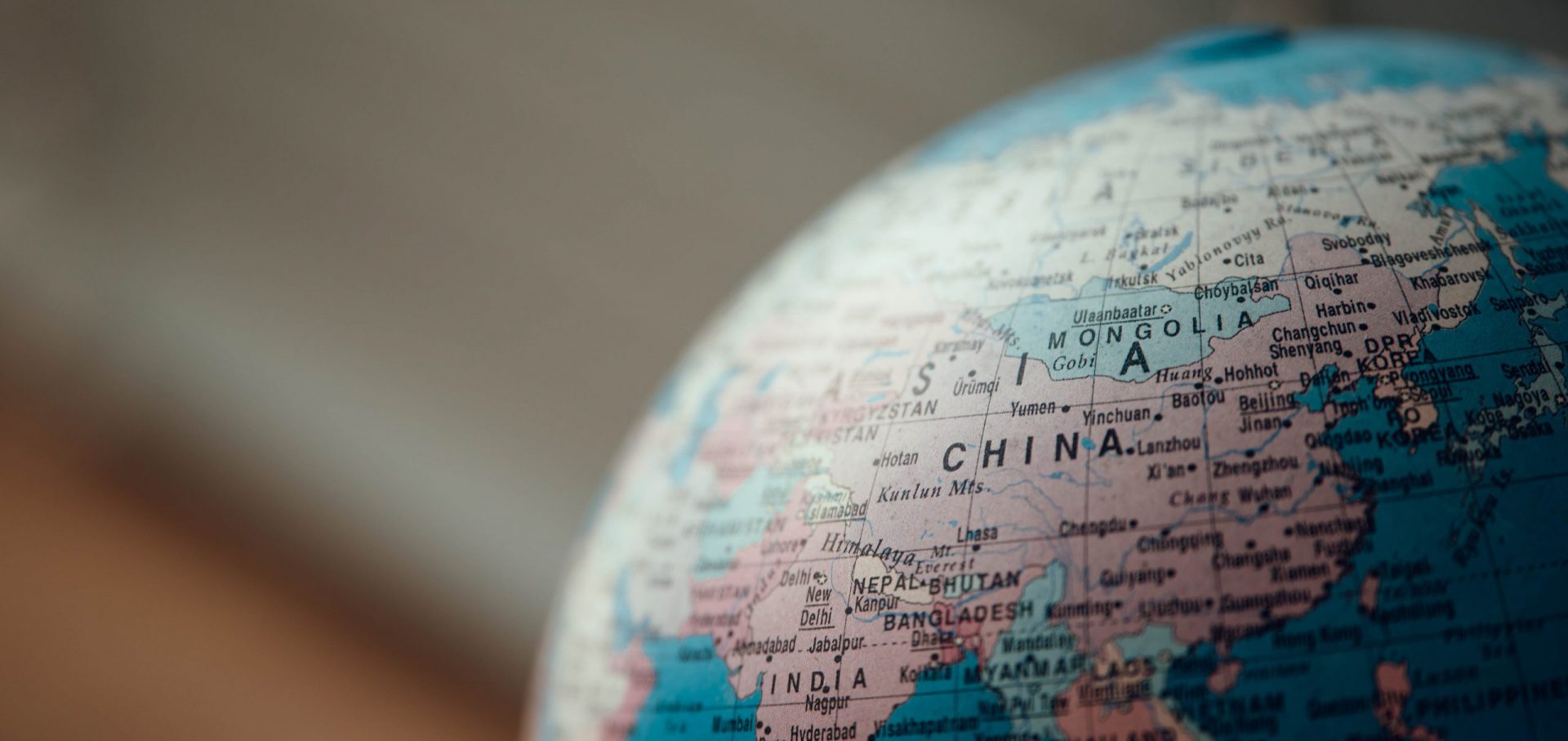My private interests have always been shaped by my desire to improve my understanding of things. I like to start this journey by asking questions that may take longer to answer, but which serve to illustrate the patterns that make the world work. I always found it more appealing to think in systems, structures, and patterns than to make myself comfortable with thinking about single observations. Usually, answers to these questions can be applied time-independently and do not lose actuality even after decades. Such typical questions are i. understanding the dynamics of the globalization of capital and its implications for societies, ii. learning about the global financial architecture and its implications for the economy, iii. examining why the current organisation of capitalism as social order is in crisis, iv. imagining a 21st century political order which is simultaneously shaped by Western and Asian political entities which are driven by entirely different philosophies, state interests and political governance.
Hence, I decided to study pursue answering these questions and making myself familiar with the institutions, theories, and philosophies which I found shape the world. I graduated in Business Administration (B.Sc.), Economics (B.Sc.) and Quantitative Finance (M.Sc. with Hons.). Throughout my studies, I worked for a handful of insurance-related investment & asset management companies, certified as derivatives exchange trader, advanced the corporate strategy of a US-based consumer products start-up and interned at an M&A capital advisory firm. With my university education being quite research-oriented, I worked as graduate research assistant in the field of financial mathematics. My research projects included the development of a game-theoretical models to explain and promote corporate sustainability efforts, investigating the libor interest rate scandal and proposing an improved determination mechanism, or solving quantitative investment portfolio problems. Throughout these years of theory and practice, I lived abroad in the United States, Canada and the United Kingdom. My home base being Munich, Germany. I currently work as trainee portfolio manager in credit and political risks reinsurance for one of the world’s leading (re)insurance conglomerates.
In my free time, one would find me most likely doing sports, reading, or meeting people. Also, I enjoy travelling to other regions of the world and exploring its cultures and nature. Finally, I do my best to learn new programming skills and currently learn French. There is one more passion about me, which makes me working on my own online presence and writing on China and Eurasia: it is the shift in global influence from what we call the “Western societies” – the United States and its European allies – towards the Asian continent. I am certain that this shift in global influence from a bipolar to a multi-polar world as we have experienced in since the 1980s will make the world look very different 20 years from now. If the transatlantic alliance aims at succeeding in moderating and actively shaping this inclusion of new regional and global players into the existing international governmental architecture, it must gain a better understanding of the traditions and aspirations of these new key actors. Furthermore, the transatlantic partnership must conceptualize and reflect on a promising new system of world order: a concept of sharing global responsibilities by establishing an equilibrium of power on the world’s supercontinent Eurasia.
Hence, I have been spending much time to read, discuss and reflect on these topics lately, not knowing whether I have been more stunned by the ascent of Asian civilizations in economic and technological terms, or the fact that except for our Western political elites, the overwhelming majority of media, people and political parties have largely overlooked this epochal shift in global power. Hence, with this online presence, I want to provide insights into the structures and patterns which shape the 21st century. Myself not being a political scientist or history scholar, I hereby want to provide somewhat high-quality contributions readable for everyone interested in global affairs and those who may not feel interested by now. It is my belief that as all nation states will be more deeply integrated into global governance and will have to share additional responsibilities to solve global challenges. Therefore, international relations and global affairs must become part of everyone’s daily digest instead of a topic mostly addressed by elites of government, finance, or industry. Otherwise, Western societies will not be able to contribute its share to sufficiently address challenges such as global migration, climate change, poverty reduction, promoting global health or reducing global economic inequality.
